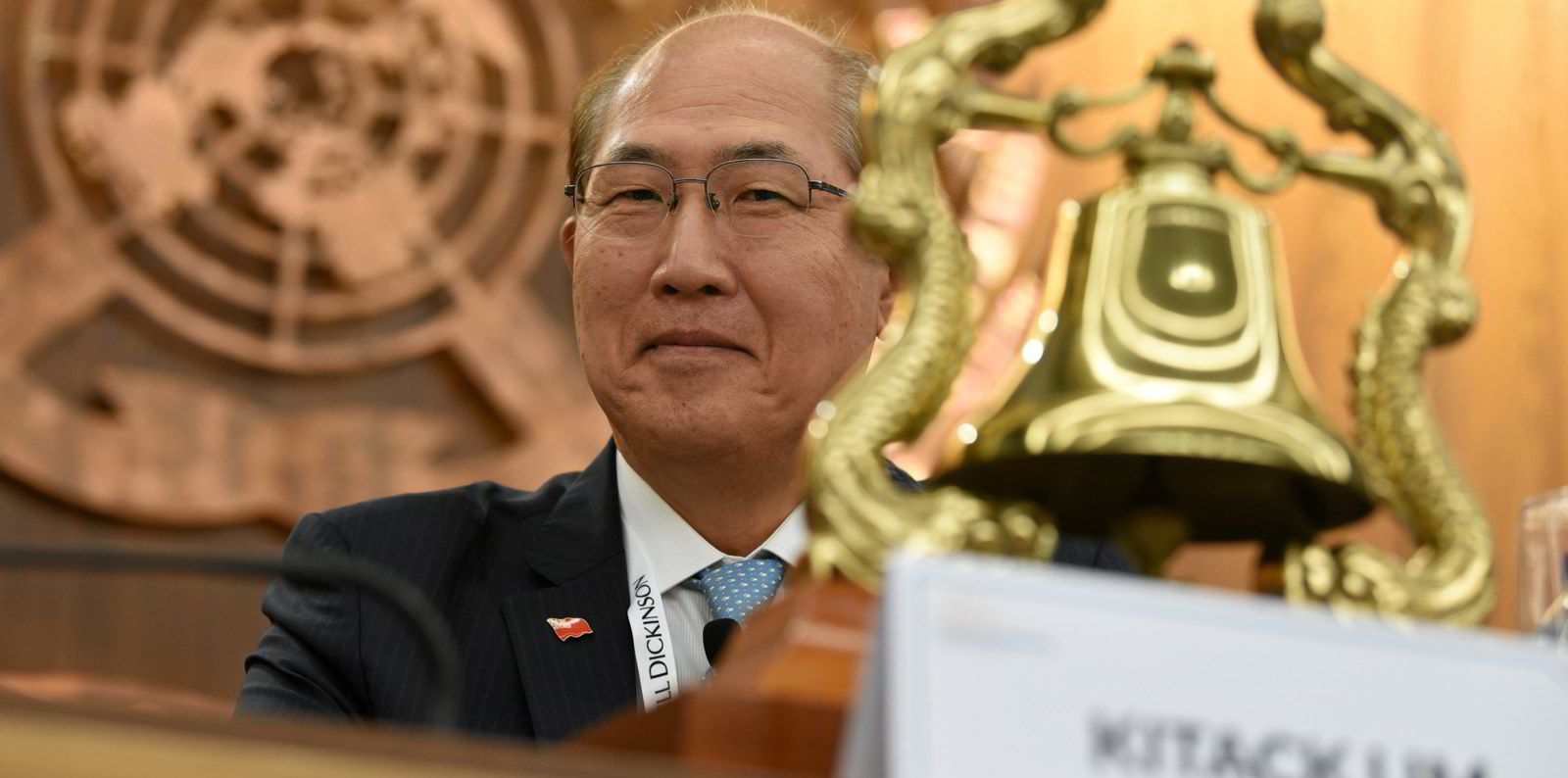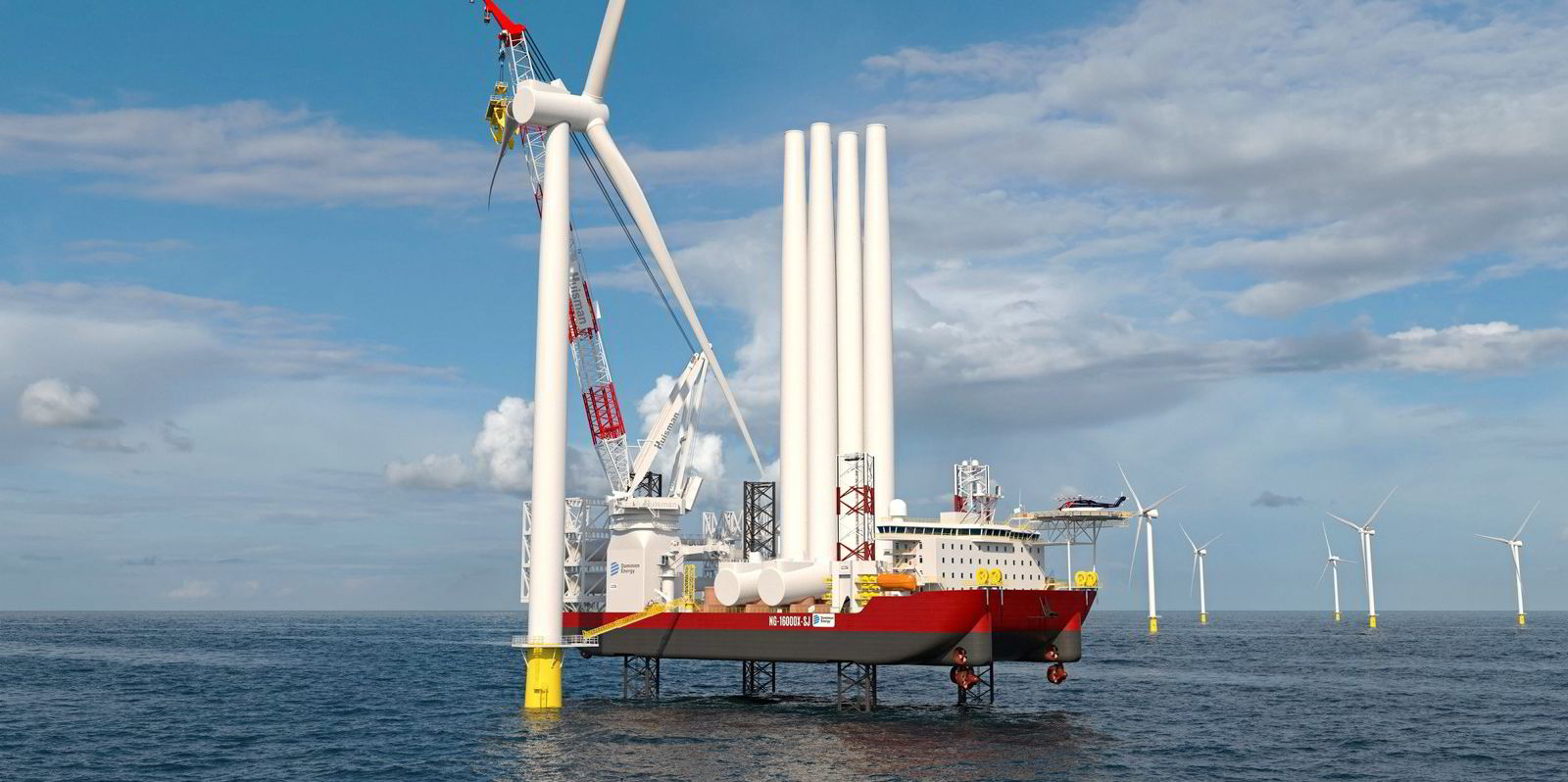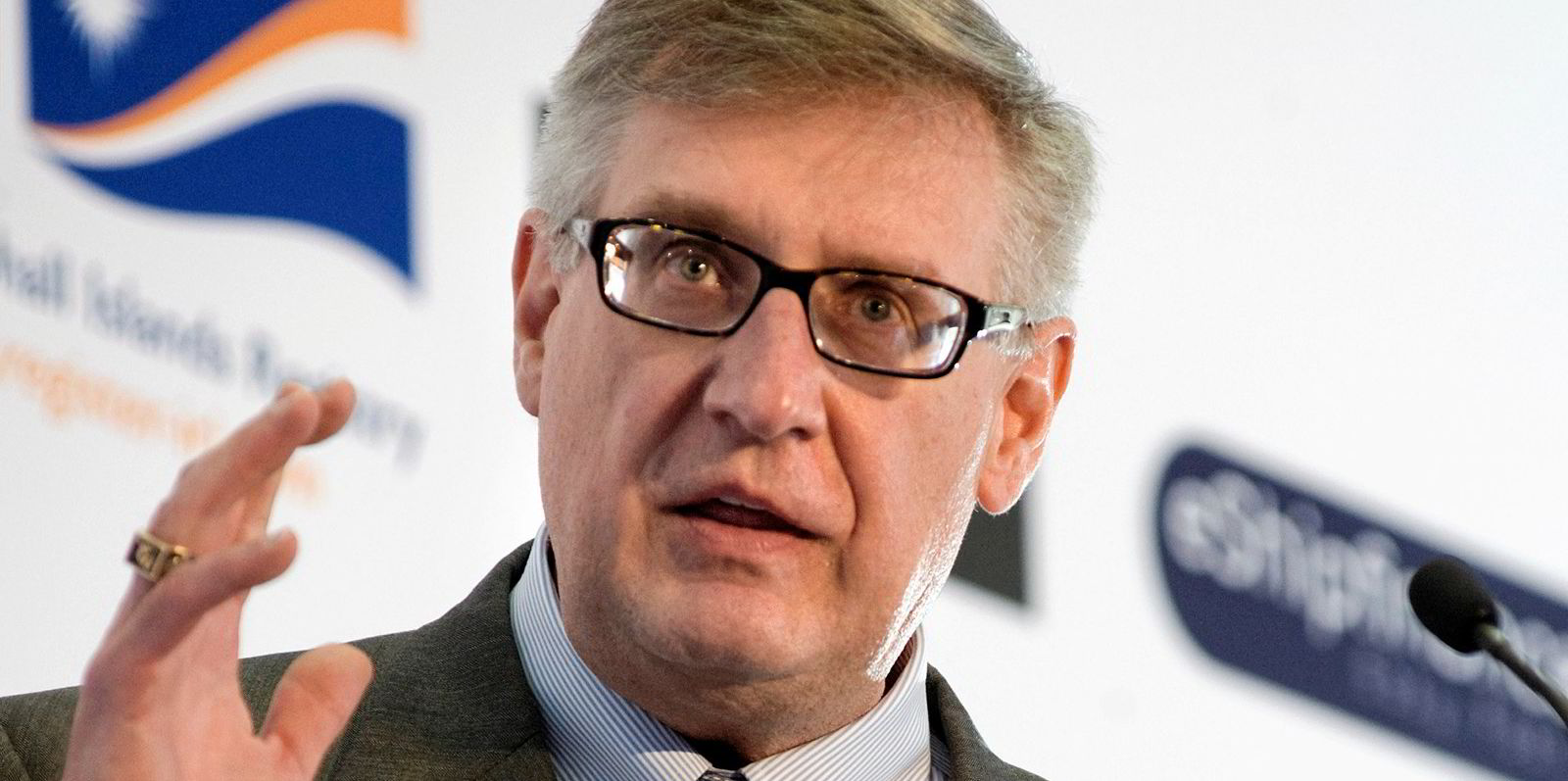The eyes of the world will be on Glasgow in the weeks ahead as global leaders descend on the Scottish city for the COP26 climate conference.
But what this event means for shipping may depend on what happens in the days that follow, in closed-door sessions to the south in London, where a key committee of the International Maritime Organization will meet to discuss the next steps in shipping's decarbonisation.
In many ways, the build-up to COP26 has already shaped the tone of that IMO discussion, even before the Glasgow summit begins on 31 October.
After the Intergovernmental Panel on Climate Change issued a report declaring a "code red for humanity" because the goals of the Paris Agreement could become out of reach without urgent action, calls grew from world leaders and even shipping figures for the IMO to take a more ambitious stance.
These voices called for zero carbon — rather than the IMO's current goal to cut shipping's greenhouse gas (GHG) emissions by 50% by 2050 — to become the new target for the next three decades.
Now, 34 countries and the European Commission have filed papers calling on the IMO's Marine Environment Protection Committee (MEPC) to start the discussions on net zero by 2050 when its next meeting starts on 22 November, 10 days after the close of COP26.
Medium-term measures such as a potential levy on carbon had initially been slated to dominate the discussion, but there will be many more stakeholders in the room when the committee holds this conversation on long-term goals.
Silent nations
Whether the IMO takes a pathway towards adopting a zero-carbon ambition for 2050 could depend largely on nations that have remained silent on this goal.
Shipping experts have also explained that there has often been a disconnect between the delegations to UN climate conferences and the shipping-focused officials who represent nations at the IMO.
"What's ironic is that some of those governments that are most vociferous in their ambition for shipping outside of IMO are also those that aren't particularly progressive when it comes to allowing the IMO itself to make progress," said Simon Bennett, deputy secretary general of the International Chamber of Shipping (ICS).
For the shipowners' group, there is a concern that national plans presented for COP26 could lead to the IMO losing its leadership position when it comes to regulating shipping's greenhouse gas emissions.
That view was also adopted by a powerful coalition of China, India, Panama and Bangladesh in their submission to the MEPC, in which they warned of regional rather than global action to rein in shipping’s carbon output.

At the heart of such concerns are actions by the EU, which will include shipping in its emissions trading scheme starting next year.
But, with the IMO's pace constrained by its need for consensus among governments, many see regional action as a way to push forward.
Taking the lead
Gavin Allwright, secretary of the International Windship Association, said the shipping world has seen situations in which national and regional efforts moved faster than the IMO before the global regulator eventually caught up. The phase-out of single hull tankers is a key example.
"I can see that regional actors and national actors will push quicker ... because in their land-based national actions, the low-hanging fruit has already been tackled," he said.
Quick action matters. Given the lifespan of ships, even the ICS acknowledges that there will need to be thousands of zero-carbon vessels on the water by 2030 for the more ambitious IMO target to be met.
That means other key matters on the MEPC meeting's agenda even before net-zero goals hit the docket will also need action for a tougher 2050 goal to be met.
Chief among them are the market-based measures, such as a carbon levy, that would help bridge the gap between the cost of the cleaner fuels of the future and dirty fuels of today.
Much rides on what happens in November.
Read more
- Shipping can link up with nations' carbon plans, says Irena
- Greenpeace daubs LNG Croatia FSRU with 'Climate killer' tag
- We live on one planet, so why does shipping not speak with one voice?
- COP26 fuels debate over IMO role at heart of shipping's carbon effort
- After COP26, IMO to weigh calls for shift to zero-carbon goal





